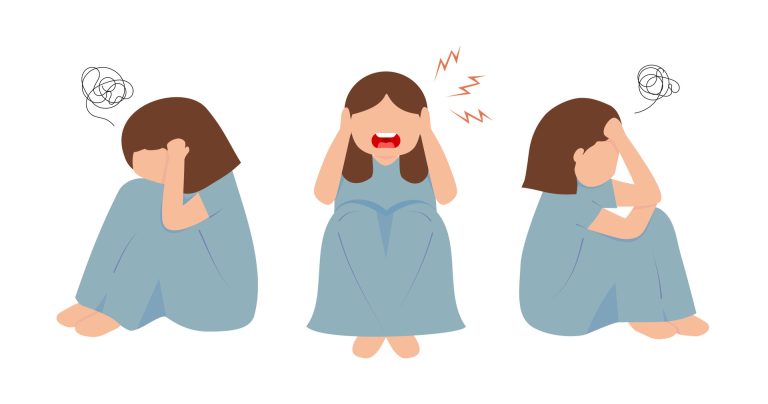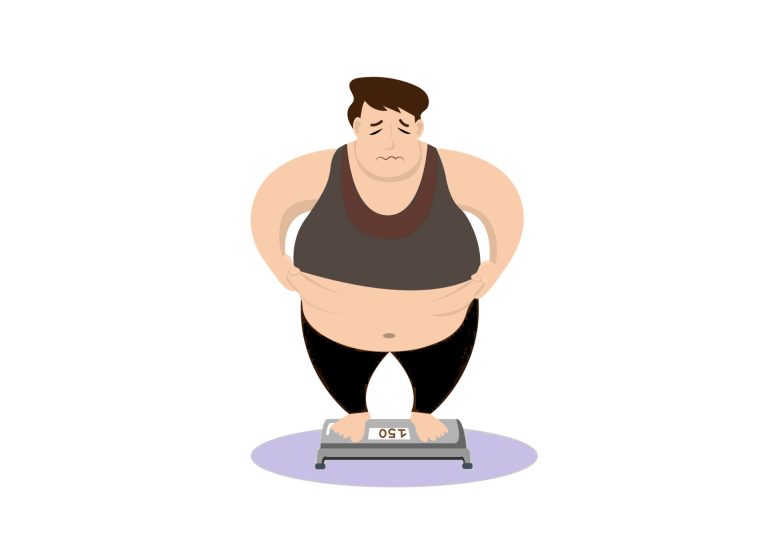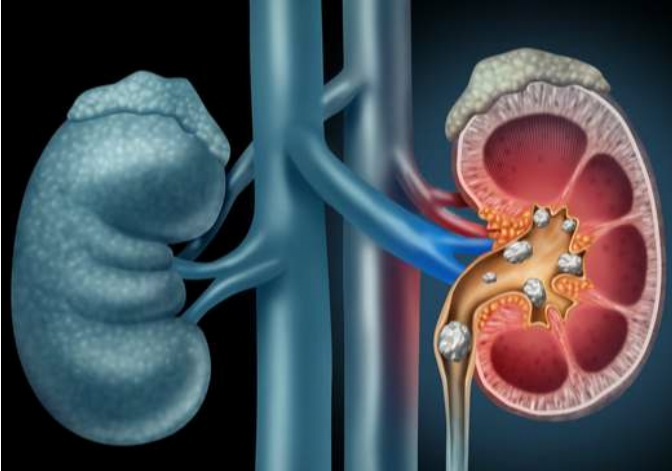Blood pressure complications occur when the force exerted by your circulating blood on the walls of your blood vessels is abnormally high or low. The heart creates this force as it propels blood throughout the body.
Types of Blood Pressure
Hypertension (Elevated Blood Pressure)
This condition is characterized by consistently high arterial pressure. Over an extended period, this increased pressure can harm the blood vessels, potentially leading to cardiovascular diseases, cerebrovascular accidents (strokes), and renal impairment. Known as a “silent killer,” hypertension may not manifest noticeable symptoms until it has caused significant damage.
Hypotension (Reduced Blood Pressure)
This condition is identified when your blood pressure falls below the standard range. While it may be normal and symptom-free for some individuals, excessively low blood pressure might indicate that your body’s organs are not receiving adequate oxygen and nutrients. This could result in symptoms like lightheadedness, loss of consciousness, and, in extreme cases, shock.
The roots of blood pressure issues can be diverse, including genetic factors, lifestyle habits (such as diet and exercise), pre-existing health conditions, and certain medications. Regular blood pressure checks and consulting with healthcare professionals are crucial for effectively managing and preventing severe health outcomes.




